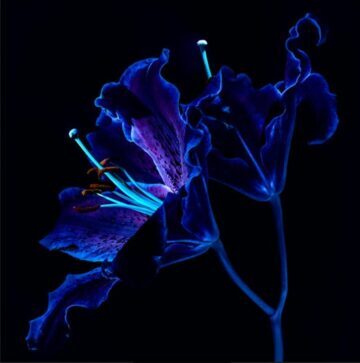The father and son team of Pedro Soler (guitar) and Gaspar Claus (cello) have released an extraordinary new album of improvised music, Barlande, which reaches both back and forth in time and crosses several boundaries: spontaneous, romantic and emotional, this album is a soul-stirring record of the sophisticated conversations possible through intimacy and virtuosity. Produced by Bryce Dessner, guitarist with The National and friend of the elder Soler, the album is stunning in its capacity to open new geographies and new musical territories in the mind of the listener.
Barlande is neither dance music nor is it a collection of tunes; it’s an exploration of the possibilities of sound and colour.
At the age of 73, Pedro Soler is legendary in European guitar circles for his ability to bring forth a range of tonal colour and for an emotional dynamic in his playing that is more akin to old-style flamenco that it is to what he refers to as “shiny” playing of many guitarists who bring forth a blaze of arpeggios that impress, but do not move. Not that Pedro isn’t capable of some lightning-quick finger work, though the music is never sacrificed merely to illustrate speed. And as for his son, Gaspar Claus, his cello work is amazingly inventive, generating percussive impact, the sounds of birds, wails, eerie gasps and heart-rending stops and starts that complement his father’s expressive guitar. It’s only fitting that this album has been issued on a label that is known for electronica, for Gaspar’s inventory of sound comprises the natural, the unnatural, and the other-worldly.
Father and son began collaborating about six years ago when Soler was working with an actress performing poetry. Gaspar sat in and contributed spontaneously to a session, which led to other work and then to several video sessions which can be found on the site La Blogotheque. All of these short videos, directed by the French filmmaker Vincent Moon, are a delight, both visually and musically.
The performances on this record are moody, introspective and laced with inferences of music from another time: 19th century Spain, Brazilian sadness, civil war wounds that haven’t healed, yet Gaspar’s innovative cello work adds a contemporary consciousness that delivers drama.
The closing composition, Encuentro en Brooklyn (Minera) features the harmonium of Sufjan Stevens and the electric guitar of Bryce Dessner, and alerts listeners to the possibilities of larger scale performances of this memorable and thrilling music.



